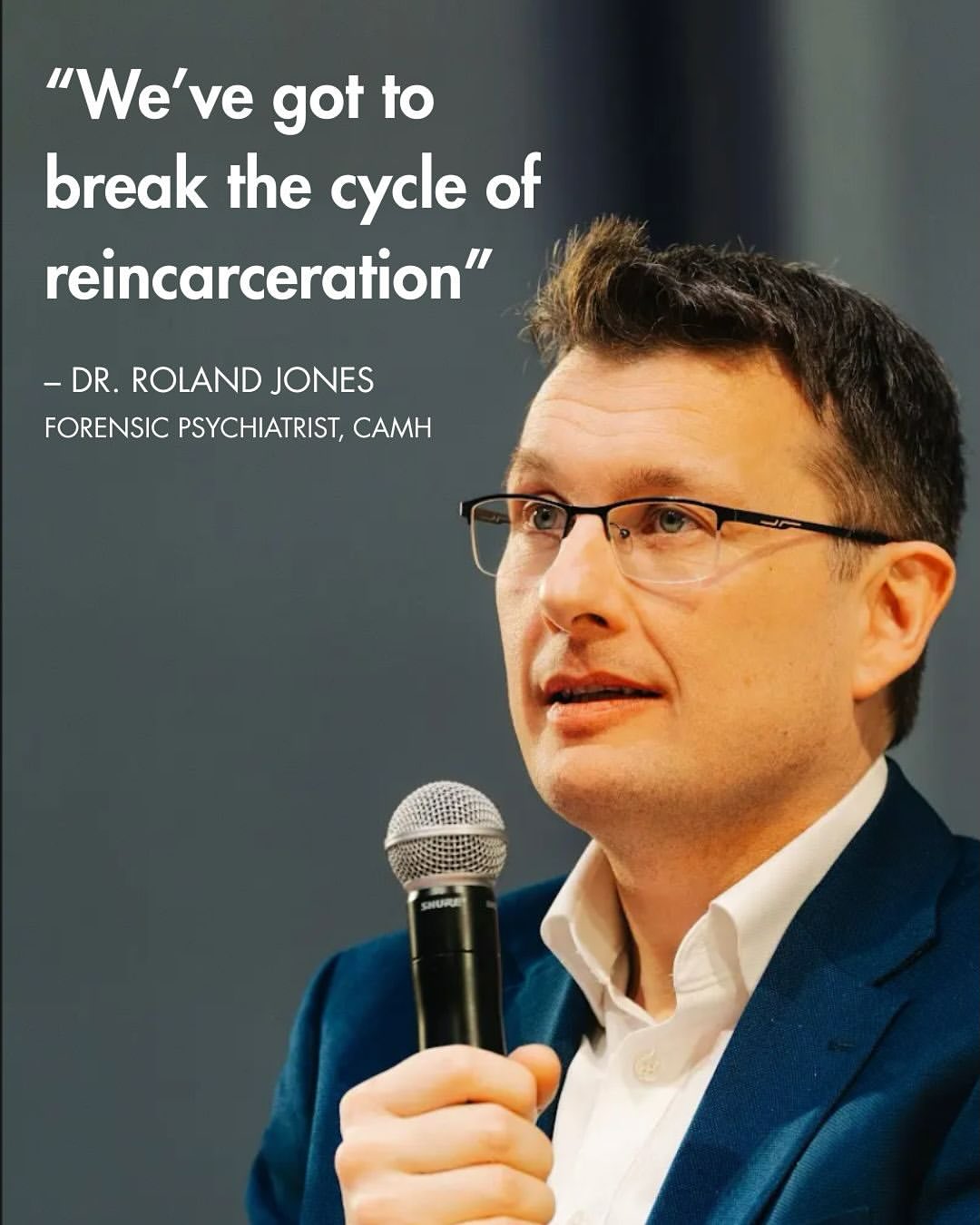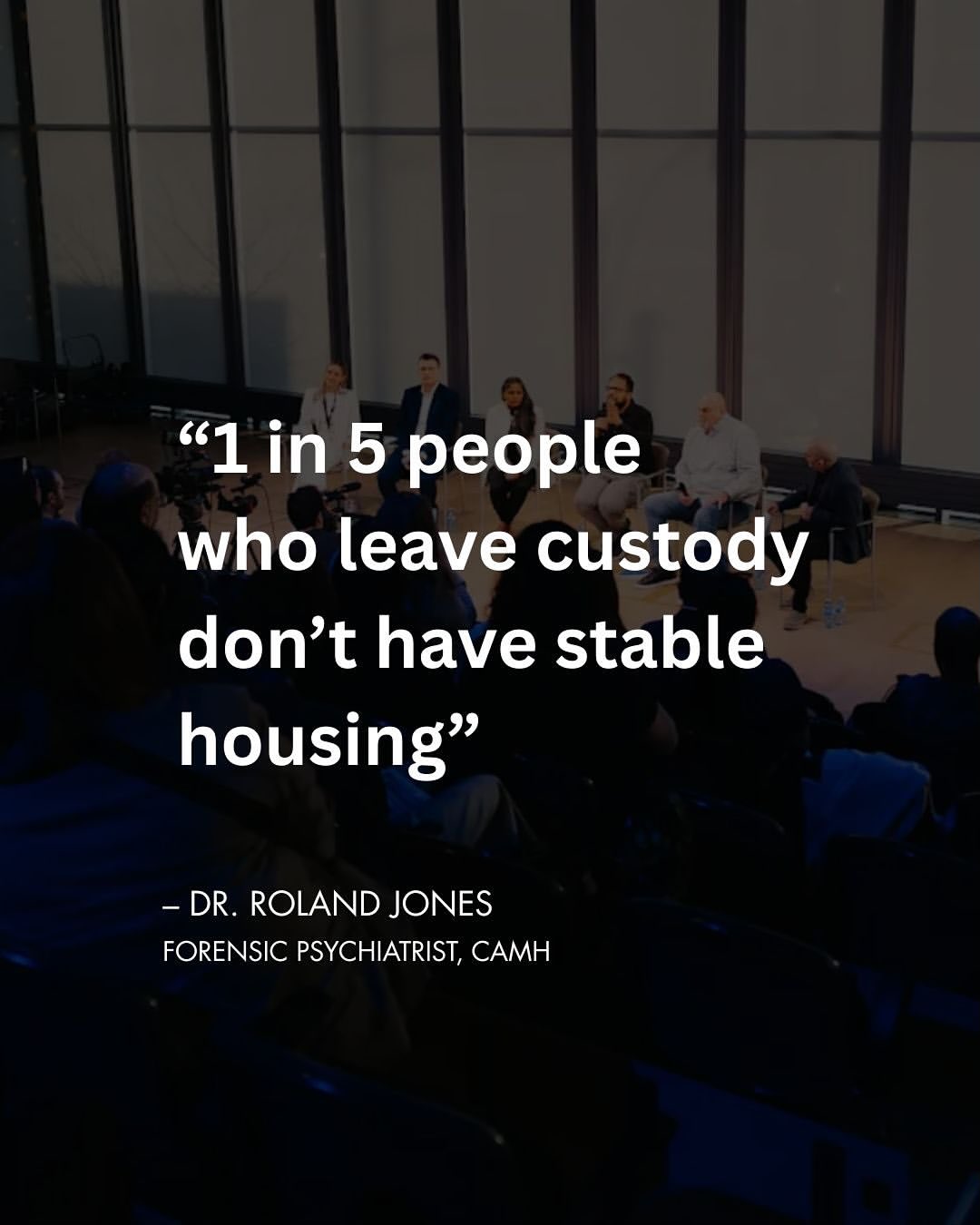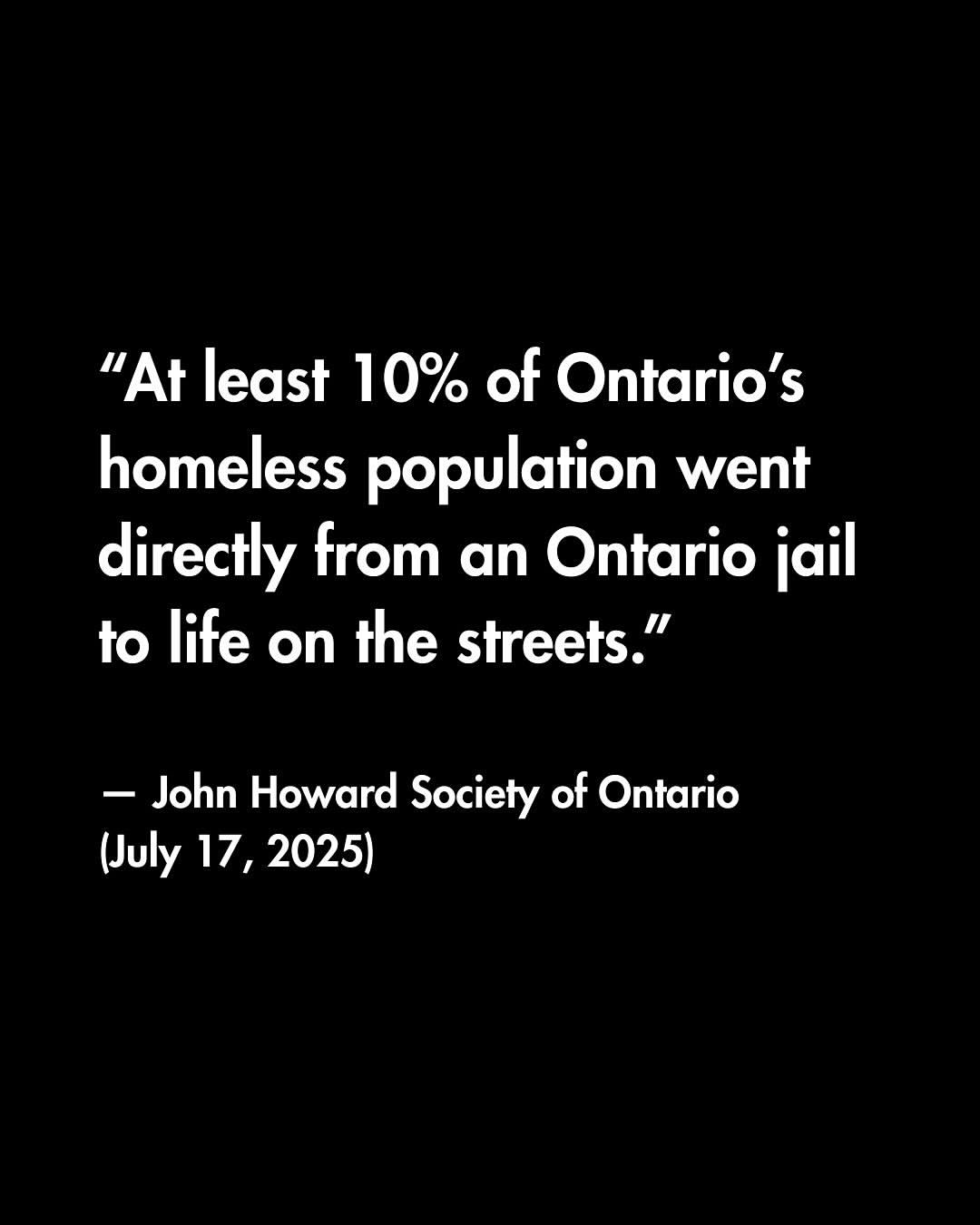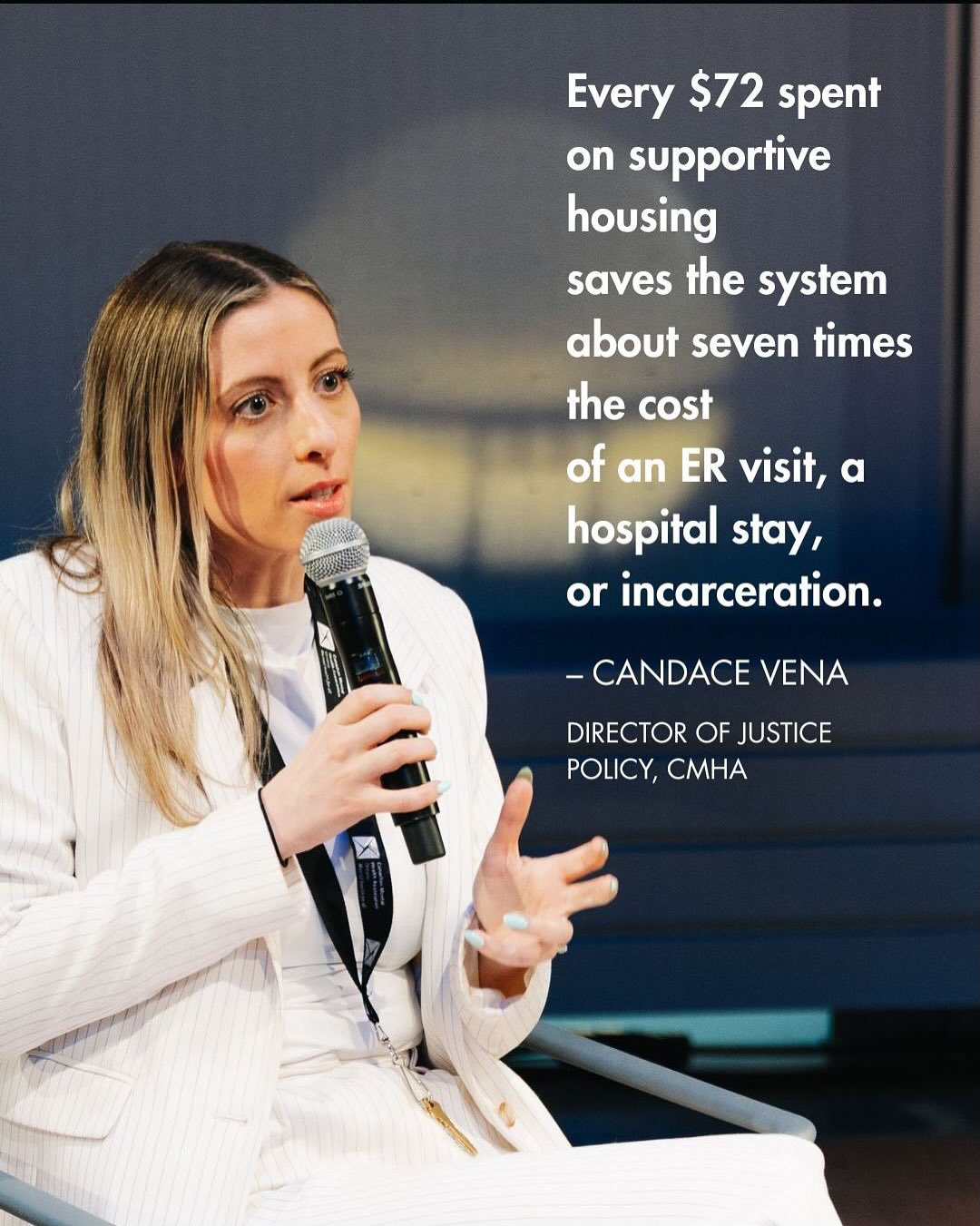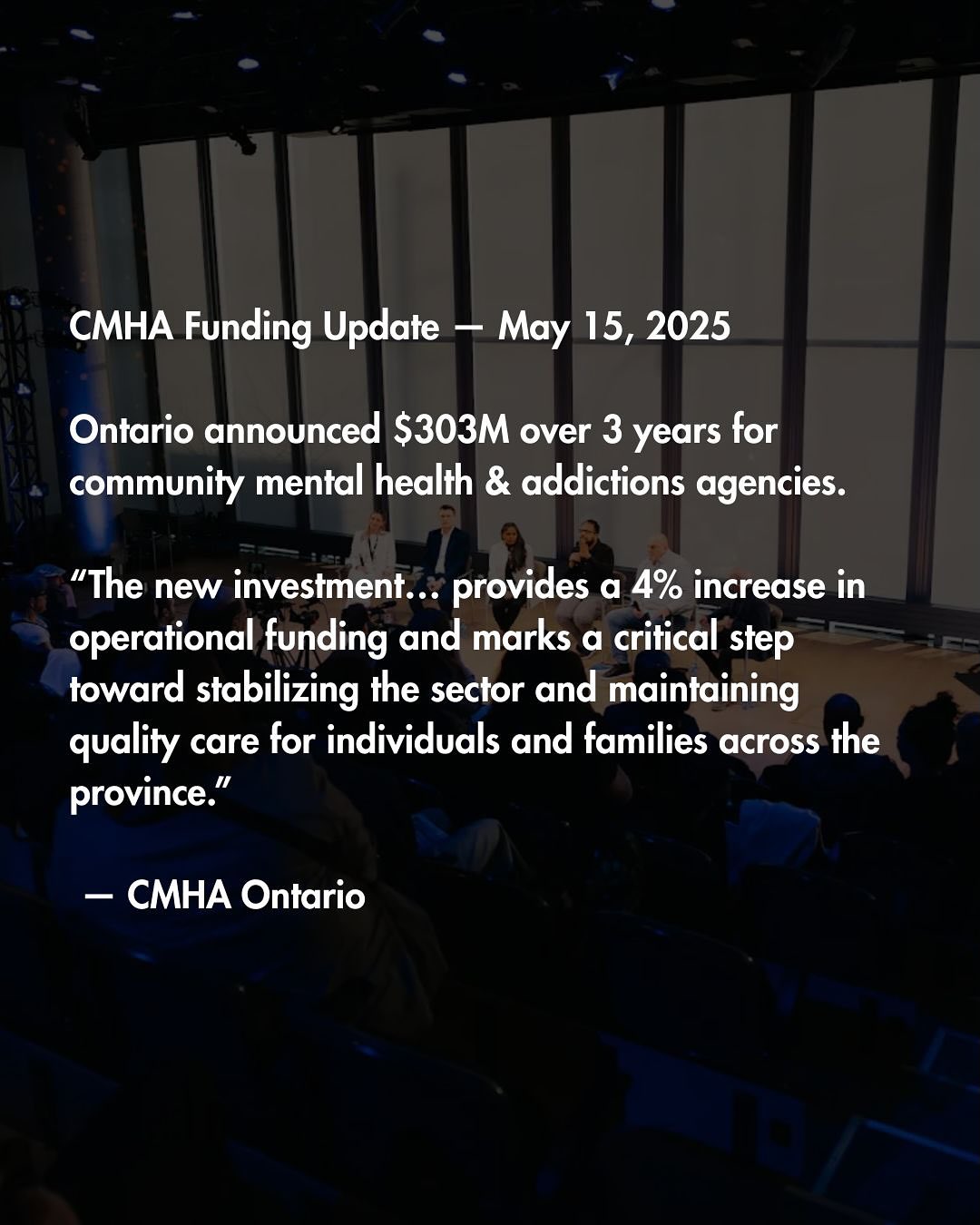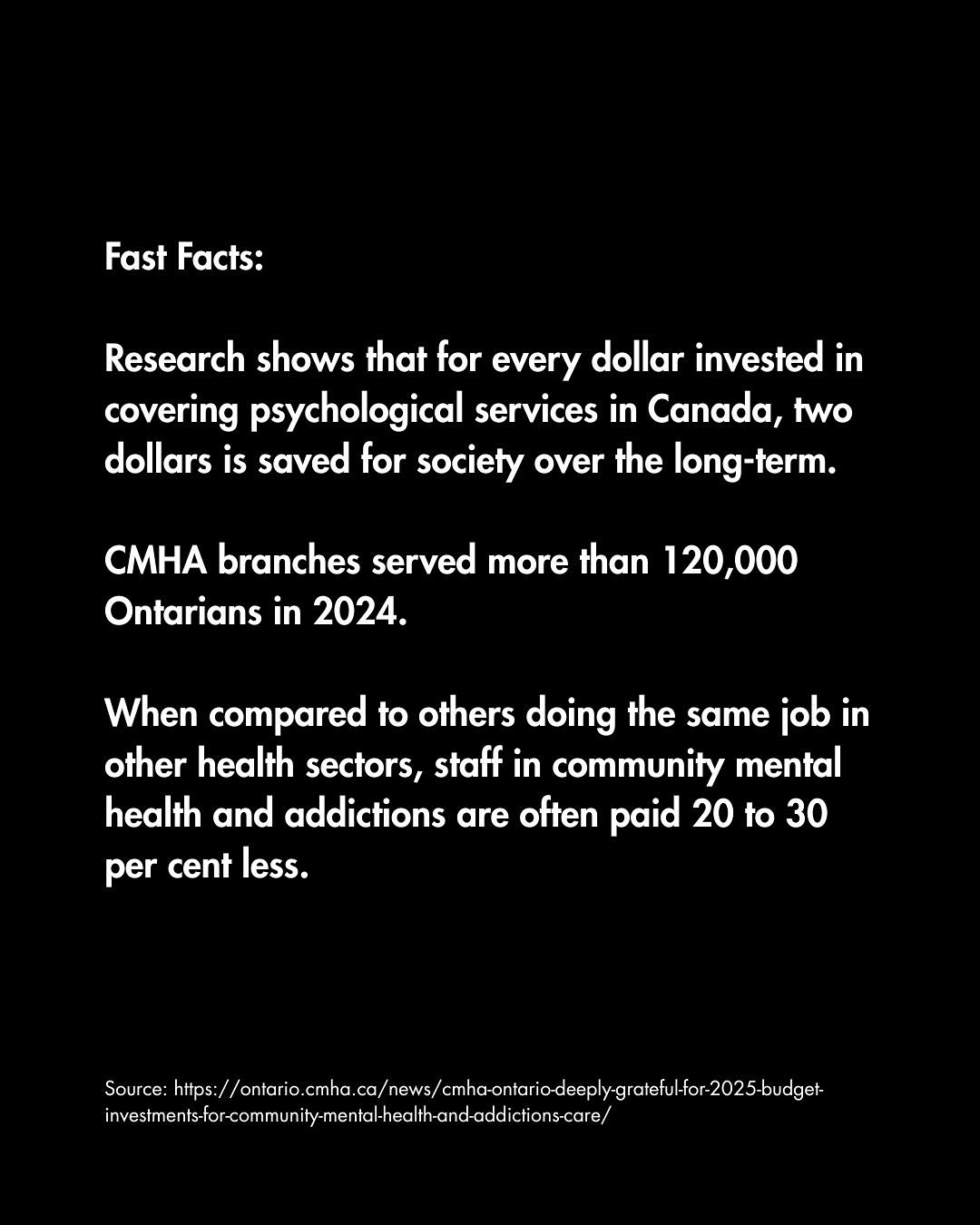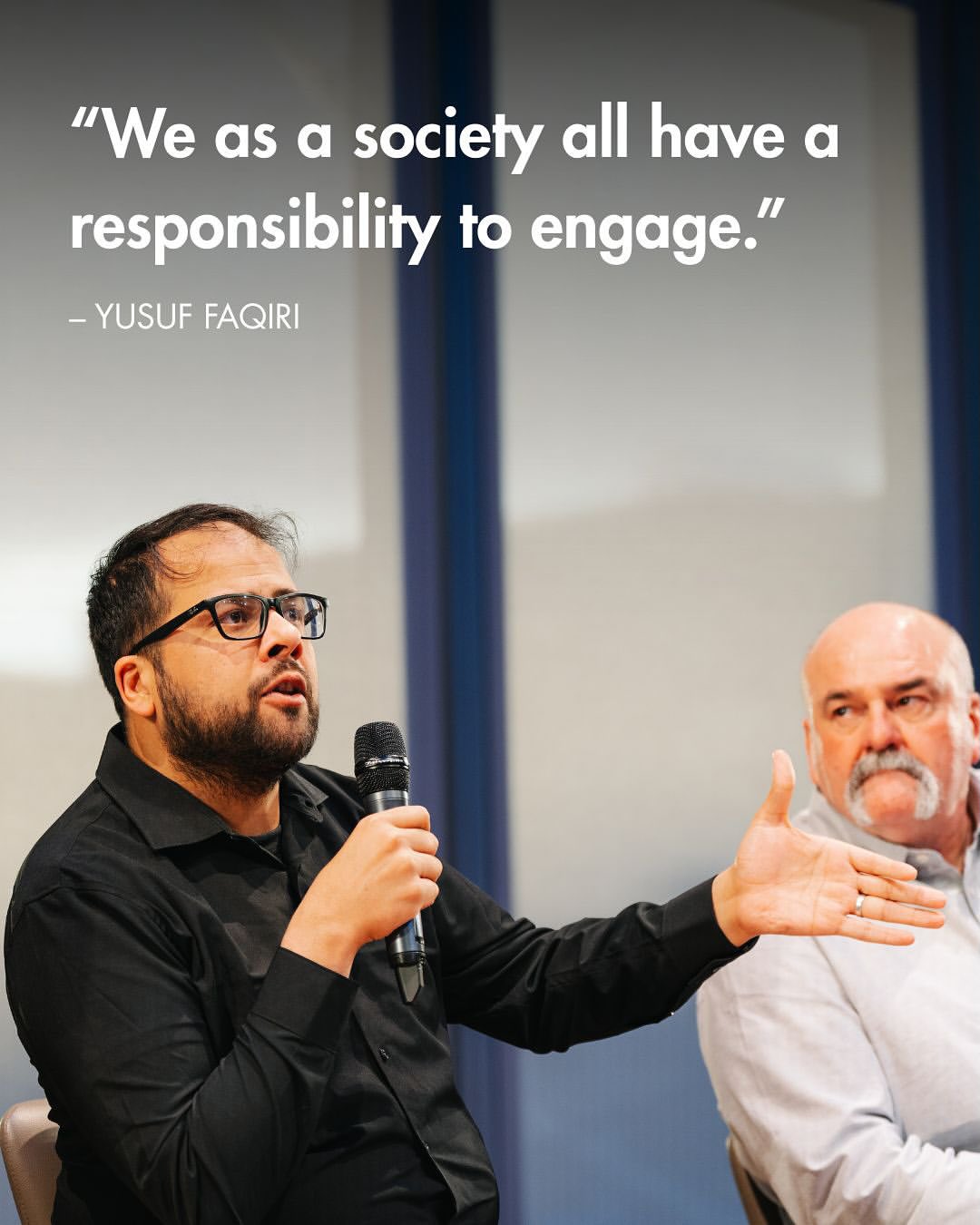My Brother, Soleiman
My Brother, Soleiman traces the relentless seven-year fight by Yusuf Faqiri to uncover what really happened to his brother Soleiman — a man with schizophrenia who died while in custody in an Ontario jail. Blending chilling CCTV footage, personal testimony, and insights from the Coroner’s Inquest, the film challenges viewers to confront the human cost of systemic failure — and calls for a better way forward. Directed by Rendah Haj and Eric Pedicelli, My Brother, Soleiman premiered on CBC in November 2024 and was nominated for two Canadian Screen Awards, including Best Documentary Program.
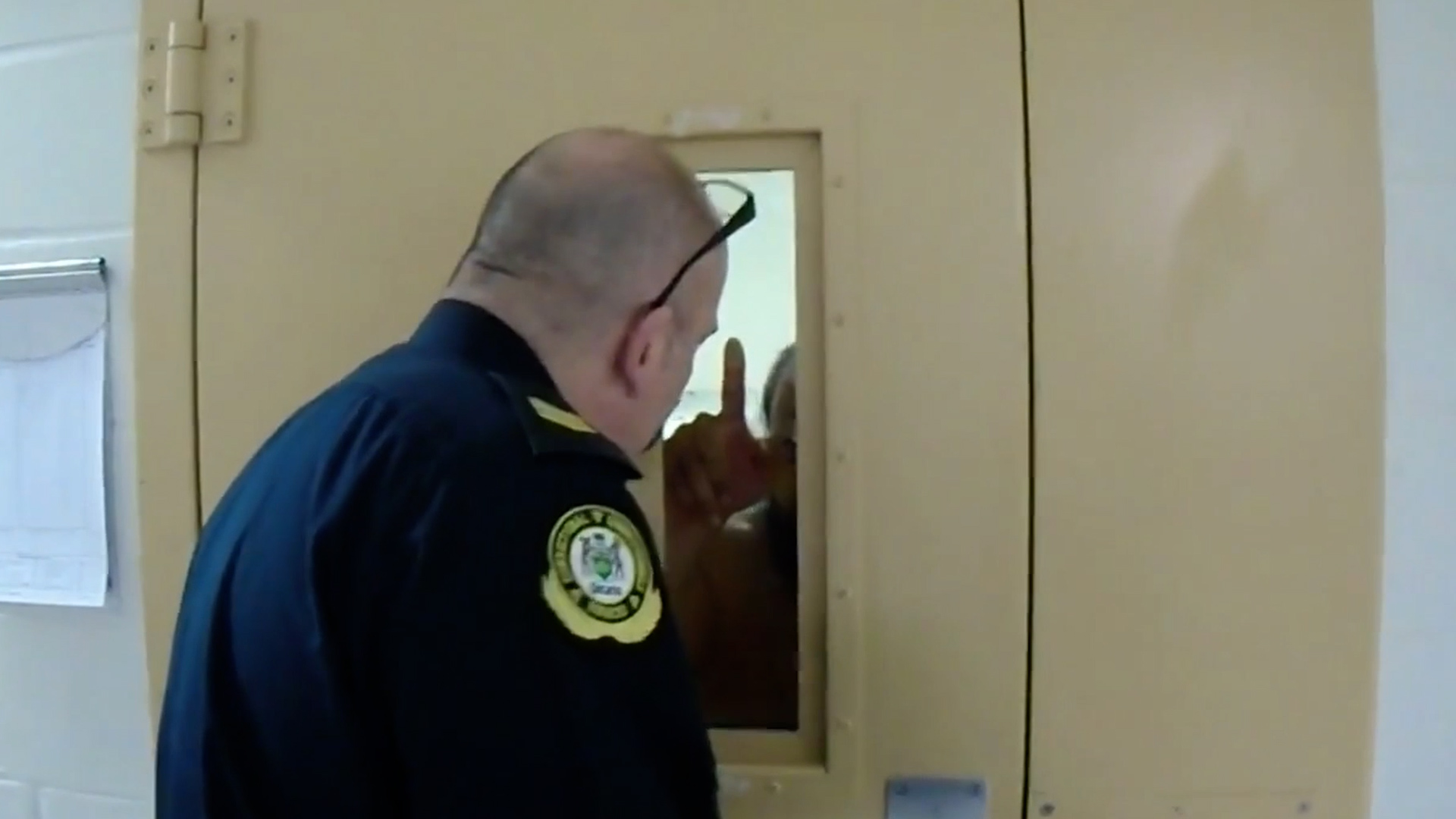
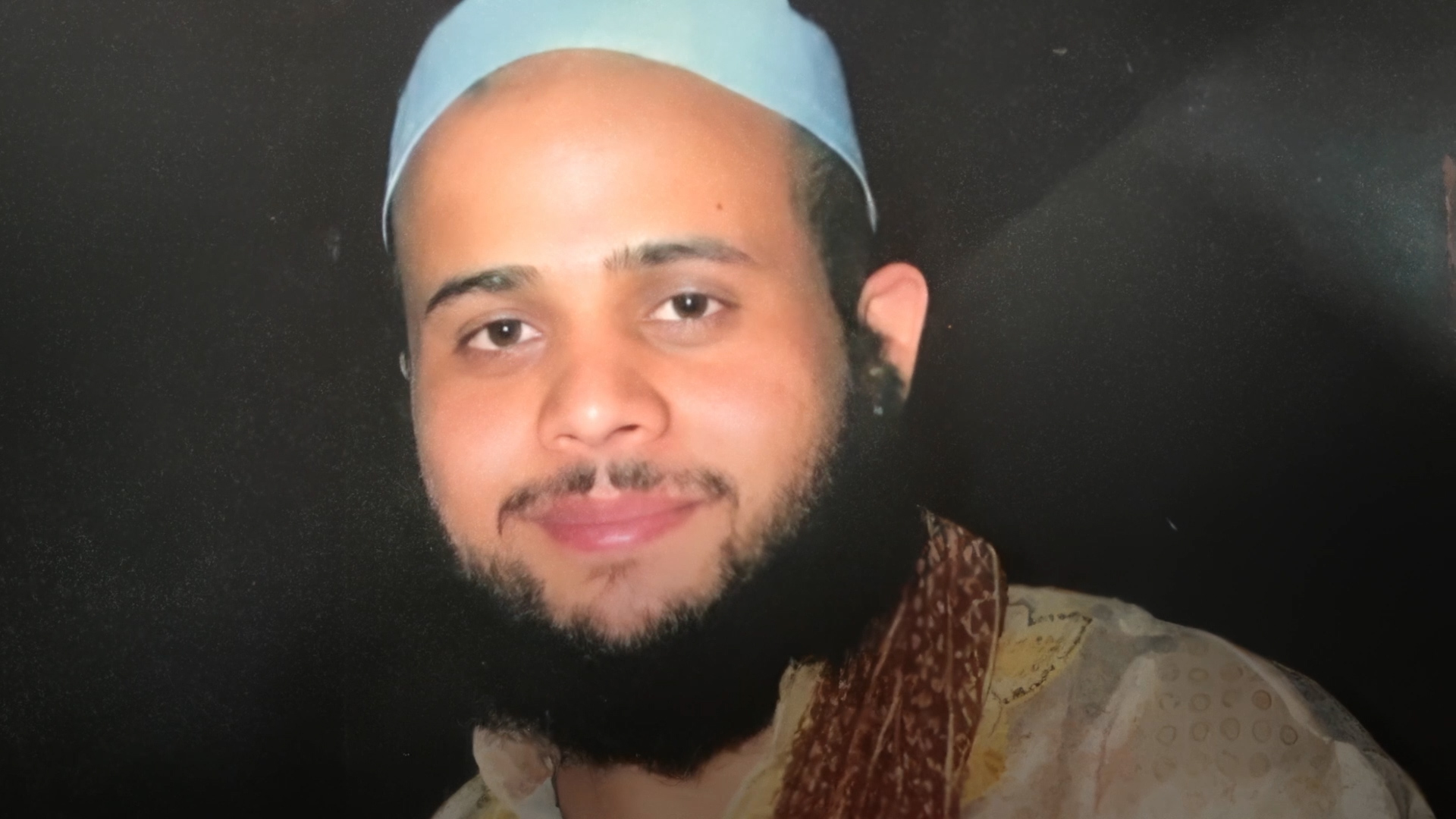
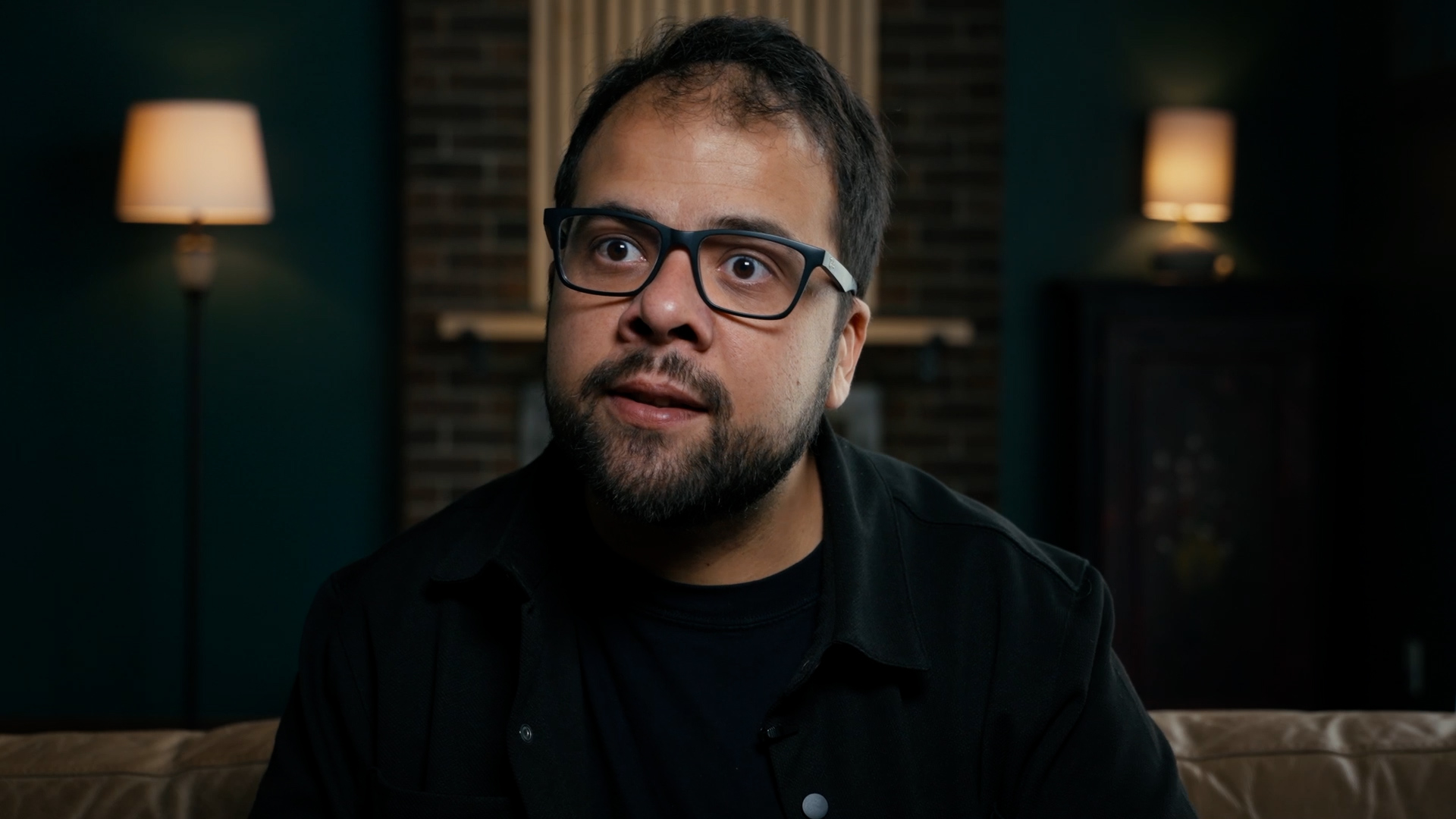

The story didn’t end with the broadcast. In April 2025, the film’s social impact campaign culminated in a screening and panel discussion at CAMH — a partnership between Three Valleys Media and Mental Health Partners, an alliance of Ontario’s forensic mental health hospitals. The gathering united diverse stakeholders to engage the public and explore how we can better support persons with mental illness who are incarcerated.
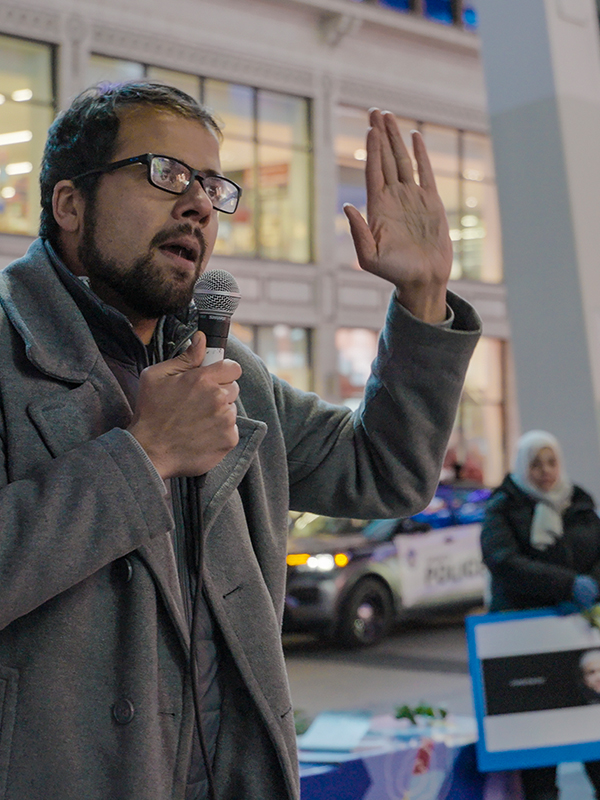
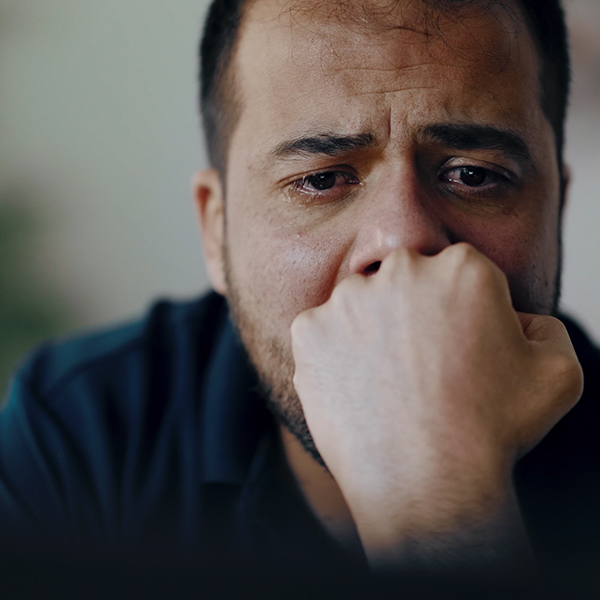
Yusuf Faqiri: A Relentless Voice for Justice
At the heart of My Brother, Soleiman is Yusuf Faqiri, a brother-turned-advocate who refused to let his family’s tragedy be buried in silence. Since the death of his brother in an Ontario jail in 2016, Yusuf has become one of Canada’s most powerful and tireless voices for justice reform. He has faced government opacity, three failed police investigations, and a system that long denied Soleiman’s humanity. Yet Yusuf persisted — speaking to media, and building public pressure. The film captures his emotional and intellectual labor: his grief, his faith, and his unshakeable love for his brother and his legacy.
In one of the film’s most emotional scenes, we are in the room as Yusuf listens to the coroner’s jury return a verdict of homicide. It’s a moment of vindication, but not victory. The cost has already been paid.
Yusuf and Clark Meet
The CAMH panel discussion offered a powerful coda to the documentary: the first meeting between Yusuf and Clark Moss, a former corrections sergeant who had served in the same facility where Soleiman died.
As the panel began, Yusuf stepped forward. So did Clark. They embraced in front of the crowd — a cathartic hug between two men who had seen the same story from opposite sides of a wall.
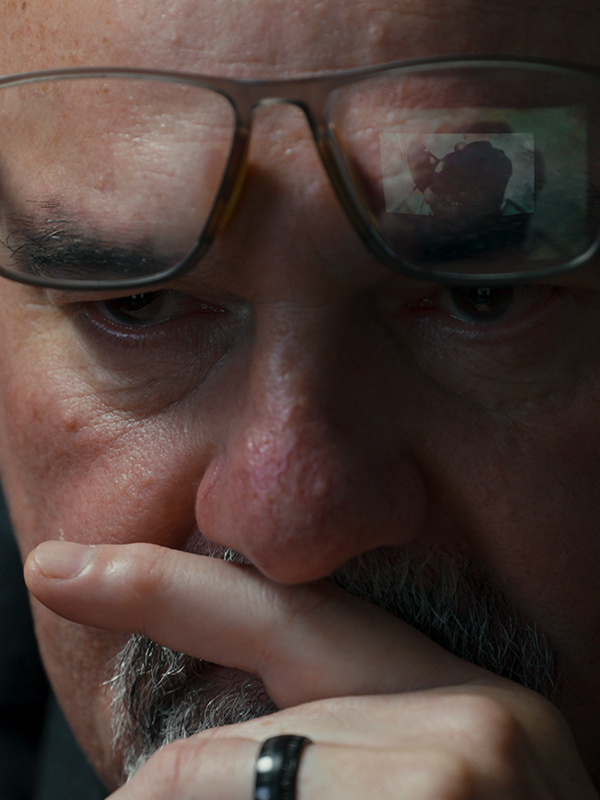
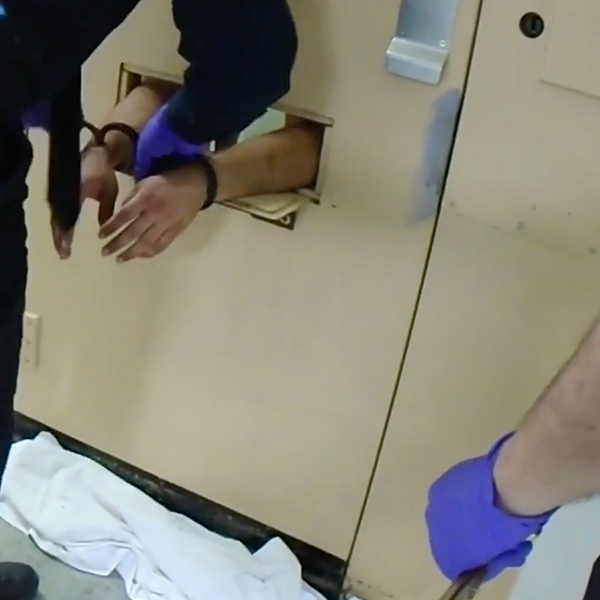
Clark Moss: Courageous leadership
In a rare interview, Clark Moss’s contribution to the film cannot be overstated. A 27-year veteran of Ontario’s correctional system, Moss was working on the same range as Soleiman Faqiri in the days leading up to his death. Having witnessed Soleiman’s rapid deterioration firsthand, he broke with jail policy to film their interaction—an act of conscience and care. His testimony lays bare the overwhelming challenges frontline staff face in managing volatile, unpredictable situations and reveals how existing institutional policies fall dangerously short in addressing the realities of mental illness behind bars. His reflections are a powerful call for urgent reform, including specialized training to help correctional staff better support people in crisis.
In My Brother, Soleiman, Moss becomes a rare bridge between frontline corrections and public accountability. His testimony is frank, painful, and urgent. He reminds us that even within rigid systems, individuals can choose courage.
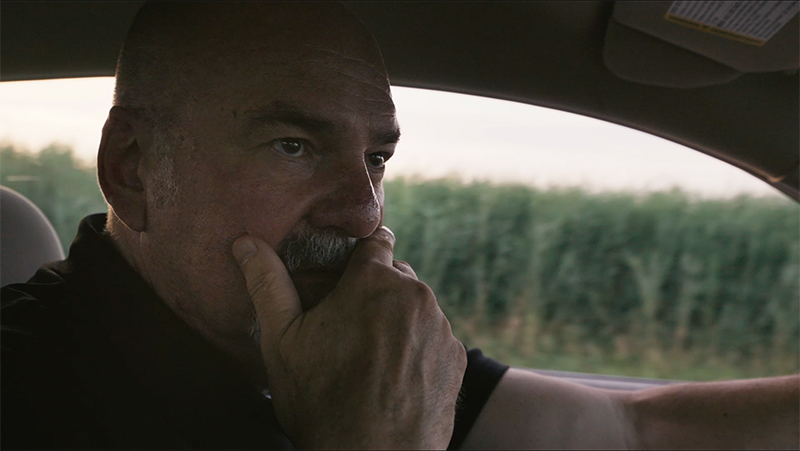
Clark Moss is a 27-year veteran of Ontario’s correctional system. In 2016, he received the Corrections Exemplary Service Medal from the Governor General of Canada, recognizing his outstanding commitment to public safety and ethical service.
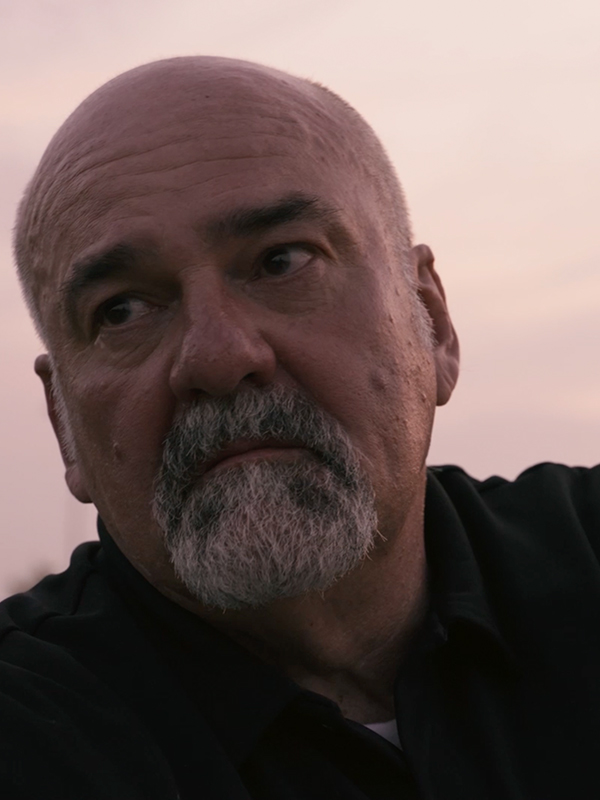
In My Brother, Soleiman, Moss becomes more than a voice — he becomes a bridge. He reminds us that systems are made of people, and in systems, conscience still matters.
“Through a rare and candid interview, Correctional Sergeant Clark Moss offers a powerful insider perspective.”
- HN Mag
Crafting the Film
The film sprang from a deeply collaborative approach. Co-directed by Rendah Haj and Eric Pedicelli, and produced with Yusuf Zine, the team combined investigative instincts with cinematic sensitivity. My Brother, Soleiman weaves conversations, inquest discoveries, and systemic critique into a film that is both intimate and expansive.
Credits
Michelle McCree, Executive in Charge of Production, CBC
Rendah Haj and Eric Pedicelli, Directors
Eric Pedicelli and Yusuf Zine, Producers
James Yates, Editor
Ahsan Moghul, Archival Producer & Researcher
Jay Smith, Motion Graphics
Ben Fox, Original Music
Andrew Beach and Maryum Memon, Art Direction
Daniela Pinto, Sound Design & Mix
Harrison Freedman, Post-production Supervisor
Junyeong Kim, Colourist
The CAMH Screening & Panel: From Story to Strategy
On April 29, 2025, the screening and panel at CAMH turned a documentary into a convening space for change — where the conversation focused not only on Soleiman Faqiri’s story, but on how to move forward with the inquest’s recommendations and provide real support to a population that remains one of the most misunderstood in our justice and health systems. The panel included:
- Yusuf Faqiri (Family advocate and brother of Soleiman Faqiri)
- Clark Moss (Former Correctional Officer with 27 years of frontline experience)
- Dr. Roland Jones (Clinical Head, Forensic Early Intervention Service, CAMH)
- Candace Vena (Director, Justice Policy, Canadian Mental Health Association, Ontario Division)
- Andrea Monteiro (Former Director of Corrections, Yukon)
- Moderator: Norm E. Taylor (President, The Global Network for Community Safety Canada Inc.)
Dr. Treena Wilkie, Chief of Forensic Psychiatry at CAMH, opened the discussion by highlighting Ontario’s Forensic Early Intervention Service (FEIS) — the province’s first jail-based forensic mental health in-reach program — and emphasized the program’s deeper mission.
Panelists emphasized the importance of improved correctional training, stronger collaboration between the justice, health, and social sectors, and breaking the cycle of re-incarceration—drawing on both data and lived experience to make their case.
Dr. Roland Jones spotlighted CAMH’s Forensic Early Intervention Service (FEIS), which provides psychiatric support for people in pre-trial detention, aiming to divert them from incarceration into care. “One in five people who leave custody don’t have stable housing,” he warned, “and that’s tied to a doubled risk of returning to jail.”
The panel was a collaborative effort made possible through the co-production leadership of Mental Health Partners, Executive Director Erin Boudreau, with strategic support from Dr. Treena Wilkie (Chief of Forensic Psychiatry, CAMH), Norm E. Taylor (Founding Principal, Global Network for Community Safety and a recognized leader in public safety reform), Dr. Rachelle Larocque, PhD (CMHA Ontario), and Ahsan Moghul (Archive Producer, My Brother, Soleiman).
Credits
Three Valleys Media Staff
Eric Pedicelli, Producer
Ahsan Moghul, Event Producer
Perry Walker, Camera
Elijah Marchand, Camera
Andrew Beach, Camera
Davit Ter-Haroutiunian, Photography
Carla Rojas, Social Media
Mental Health Partners
Erin Boudreau, Producer
Madeline Lougheed, Coordinator + Graphic Design
CAMH
Lauren Clegg, Director of Public Affairs
Goji Anandarajah, Assistant Manager for Communications and Partnerships
Jennifer Morin, Administrative Assistant + Auditorium Operations
David Sweeney, AV Specialist
Gary Mananquil, AV Specialist

